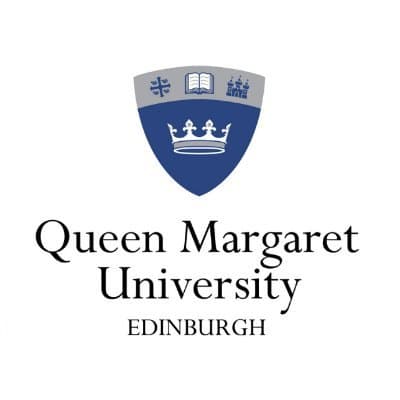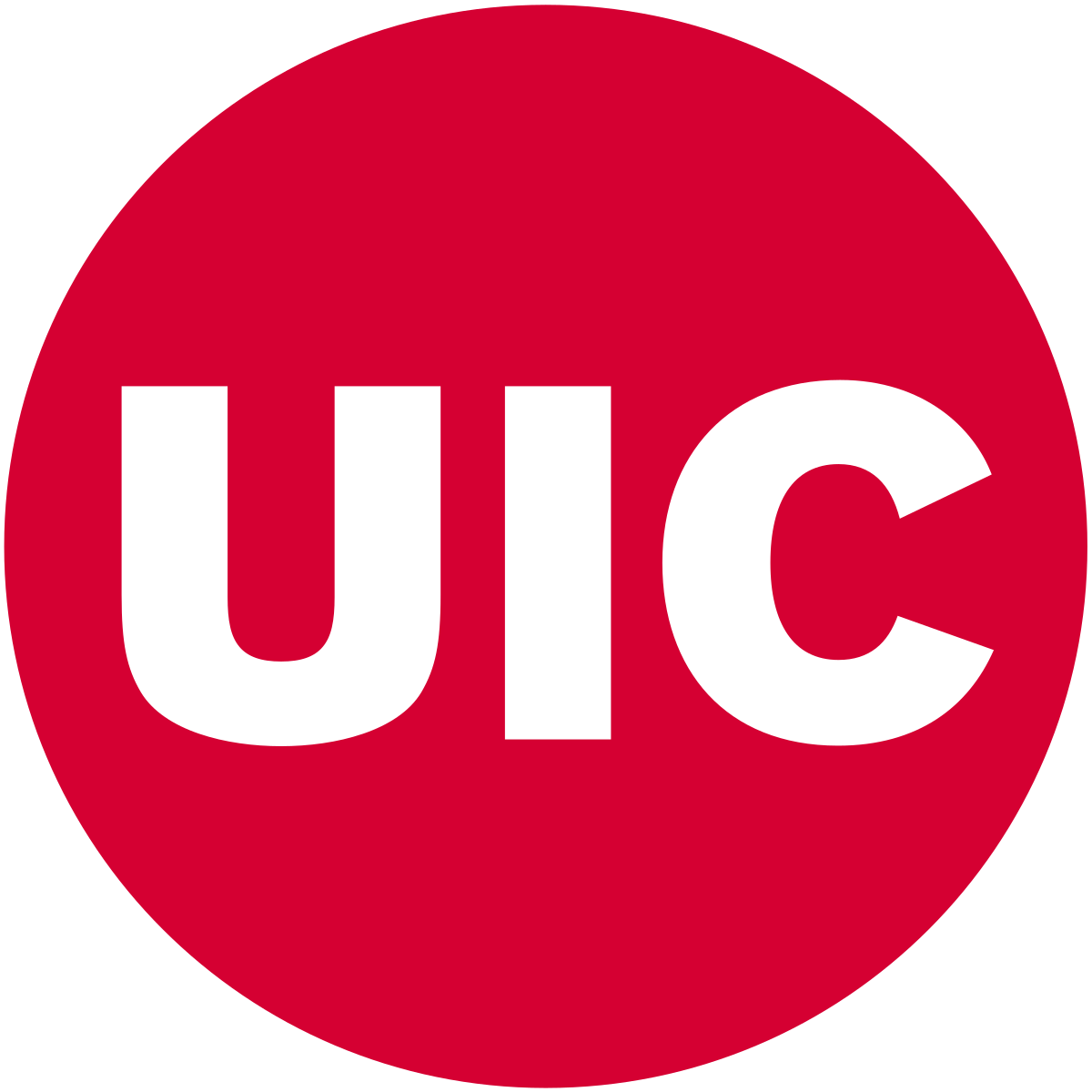Rehabilitation Sciences
Embark on a Rewarding Career in Healthcare
Rehabilitation Sciences is a dynamic and compassionate field that focuses on helping individuals recover from injuries, illnesses, or disabilities to regain their independence and improve their quality of life. For Indian students aspiring to study abroad, pursuing a degree in Rehabilitation Sciences opens doors to global opportunities in healthcare, research, and therapy. Whether you're passionate about physical therapy, occupational therapy, or speech-language pathology, this multidisciplinary discipline combines science, empathy, and practical skills to make a real difference.
In today's interconnected world, studying Rehabilitation Sciences abroad equips you with internationally recognized qualifications, advanced technologies, and diverse clinical experiences. Countries like the USA, UK, Canada, and Australia are renowned for their cutting-edge programs, making them ideal destinations for Indian students seeking high-quality education and career growth.
What is Rehabilitation Sciences?
Rehabilitation Sciences encompasses a range of therapies and interventions designed to restore function and prevent further disability. It draws from fields like anatomy, physiology, psychology, and biomechanics to address physical, cognitive, and emotional challenges. Professionals in this area work with patients of all ages, from children with developmental disorders to elderly individuals recovering from strokes.
Key branches include:
- Physical Therapy (PT): Focuses on improving mobility, strength, and pain management through exercises and manual techniques.
- Occupational Therapy (OT): Helps patients perform daily activities by adapting environments and teaching adaptive skills.
- Speech-Language Pathology (SLP): Addresses communication disorders, swallowing issues, and cognitive impairments.
- Rehabilitation Counseling: Provides emotional support and guidance for long-term recovery and societal reintegration.
The field is evolving with innovations like tele-rehabilitation, robotics, and AI-driven assessments, ensuring graduates are prepared for future healthcare demands.
Why Study Rehabilitation Sciences Abroad?
For Indian students, studying abroad in Rehabilitation Sciences offers unparalleled advantages. India's healthcare sector is growing, but advanced training in evidence-based practices and multicultural patient care is often limited. Abroad, you'll gain exposure to state-of-the-art facilities, research opportunities, and a global network of professionals.
Top Reasons to Choose This Path:
- World-Class Education: Access curricula aligned with international standards, emphasizing hands-on clinical placements and interprofessional collaboration.
- Career Mobility: Degrees from accredited foreign universities are highly valued in India and worldwide, facilitating easier licensure and job placements.
- Diverse Experiences: Work with patients from varied cultural backgrounds, enhancing your adaptability—crucial for India's diverse population.
- Research and Innovation: Participate in groundbreaking studies on topics like neurorehabilitation or geriatric care, which are underrepresented in India.
- Personal Growth: Living abroad builds resilience, independence, and global perspectives, valuable for personal and professional development.
Moreover, post-study work visas in countries like Canada and Australia allow you to gain practical experience, potentially leading to permanent residency.
Top Destinations for Indian Students
Selecting the right country is key to maximizing your investment. Here's a comparison of popular destinations:
| Country | Top Universities | Duration & Tuition (Approx. per year in USD) | Key Benefits for Indians |
|---|---|---|---|
| USA | University of Southern California (USC), New York University (NYU) | 2-4 years; $30,000-$50,000 | Strong research funding; OPT visa for work experience; vibrant Indian student communities. |
| UK | King's College London, University of Southampton | 1-3 years; $20,000-$35,000 | Short program durations; NHS placements; Graduate Route visa for 2 years post-study work. |
| Canada | University of Toronto, McGill University | 2-4 years; $15,000-$25,000 | Affordable fees; PGWP up to 3 years; Welcoming immigration policies for skilled workers. |
| Australia | University of Sydney, Monash University | 2-4 years; $25,000-$40,000 | High employability; Post-Study Work Visa; Focus on indigenous health, relevant to global equity. |
These countries offer scholarships specifically for international students from India, reducing financial barriers.
Course Curriculum and Structure
A typical Bachelor's or Master's in Rehabilitation Sciences spans 3-4 years, blending theoretical knowledge with practical training. The curriculum is designed to build foundational skills progressively.
Core Modules:
- Anatomy and Physiology: In-depth study of human body systems and their responses to injury.
- Therapeutic Techniques: Training in massage, electrotherapy, and assistive devices.
- Psychology and Ethics: Understanding patient mental health and professional boundaries.
- Clinical Practice: Supervised placements in hospitals, rehab centers, or community settings—often 1,000+ hours.
- Research Methods: Learning to evaluate evidence and contribute to clinical trials.
Advanced programs may include electives like sports rehabilitation or pediatric therapy. Assessment involves exams, practical demos, case studies, and a final dissertation. In countries like the USA, programs are accredited by bodies such as the Commission on Accreditation in Physical Therapy Education (CAPTE), ensuring quality.
For Indian students, bridging courses in English and cultural competency are often available to ease the transition.
Eligibility and Entry Requirements
Admission to Rehabilitation Sciences programs is competitive but accessible for dedicated Indian students. General requirements include:
- Academic Qualifications: 10+2 with Science (Physics, Chemistry, Biology) for Bachelor's; Bachelor's degree (50-60% aggregate) for Master's. Entrance exams like IELTS (6.5+), TOEFL (90+), or GRE may be needed.
- Prerequisites: Background in biology or health sciences; some programs require volunteer experience in healthcare.
- Documents: Transcripts, SOP (Statement of Purpose) highlighting your motivation, LORs (Letters of Recommendation), and passport.
- Visa Essentials: Proof of funds, health insurance, and a genuine student intent.
Many universities offer conditional offers if English scores are pending, providing flexibility.
Career Prospects and Opportunities
Graduates in Rehabilitation Sciences enjoy high demand, with global shortages of therapists. In India, the aging population and rising chronic diseases (e.g., diabetes-related disabilities) create booming opportunities.
Popular Career Paths:
- Physiotherapist: Salary in India: ₹4-8 LPA; Abroad: $60,000-$90,000 annually.
- Occupational Therapist: Work in schools, hospitals, or private practice; growing telehealth roles.
- Speech Therapist: Specialize in autism or post-stroke care; freelance options available.
- Rehab Manager/Researcher: Lead teams or innovate in prosthetics/tech.
Employability rates exceed 90% within six months of graduation. Returning to India? Certifications like those from the Indian Association of Physiotherapists (IAP) can be obtained post-foreign degree. Abroad, licensure exams (e.g., NPTE in USA) pave the way for permanent roles.
The field also supports entrepreneurship, like starting rehab clinics tailored to Indian needs, such as yoga-integrated therapy.
Scholarships and Financial Aid for Indian Students
Funding your dream shouldn't be a hurdle. Numerous scholarships target Indian students in health sciences:
- Commonwealth Scholarships (UK): Covers tuition and living costs for Master's; apply via British Council.
- Fulbright-Nehru (USA): Full funding for research-oriented programs; emphasizes leadership.
- Vanier Canada Graduate Scholarships: CAD 50,000/year for exceptional PhD candidates.
- Endeavour Awards (Australia): Up to AUD 272,500 for postgraduate studies.
- University-Specific Aid: Merit-based grants at USC or University of Toronto, often 20-50% tuition waivers.
Additionally, education loans from Indian banks like SBI (up to ₹1.5 crore at low interest) and part-time work (20 hours/week) help manage expenses. Living costs abroad range from $10,000-$15,000/year, depending on the city.
Application Process: Step-by-Step Guide
Navigating applications can seem daunting, but a structured approach simplifies it:
- Research Programs: Use platforms like QS Rankings or Studyportals to shortlist 5-10 options.
- Prepare Documents: Gather academics, tests, and essays 3-6 months in advance.
- Apply Online: Submit via university portals; deadlines typically December-February for fall intake.
- Secure Funding: Apply for scholarships simultaneously.
- Visa Application: After offer letter, apply through VFS Global; processing takes 4-8 weeks.
- Pre-Departure: Attend orientation, arrange accommodation, and connect with Indian student associations.
Our study abroad experts can guide you through personalized counseling.
Benefits Tailored for Indian Students
As an Indian student, you'll find unique advantages in Rehabilitation Sciences abroad. The curriculum often includes modules on global health disparities, relevant to India's challenges like polio eradication or mental health stigma. Cultural exchange programs foster connections with the Indian diaspora, easing homesickness.
Upon return, you'll be at the forefront of India's National Health Mission, integrating foreign expertise with local practices. Many alumni establish NGOs or consult for government rehab initiatives.
Success Story: Priya Sharma, an Indian graduate from the University of Toronto, now runs a Mumbai-based clinic blending Canadian rehab techniques with Ayurveda, serving 500+ patients yearly.
Ready to transform lives, including your own? Explore Rehabilitation Sciences abroad and step into a fulfilling future.
Contact us today for free consultation and application support!


